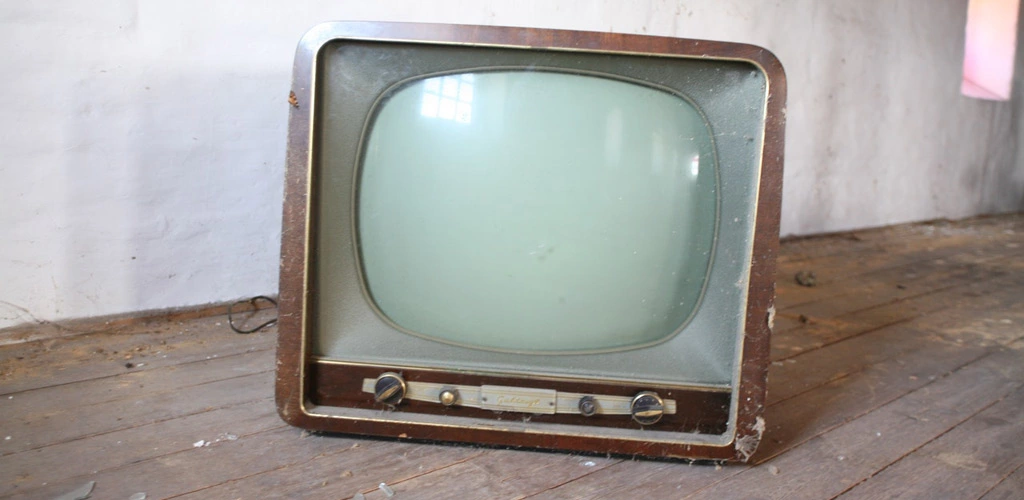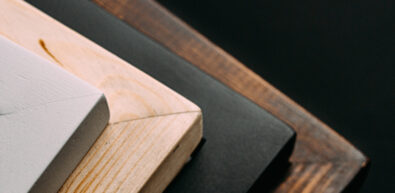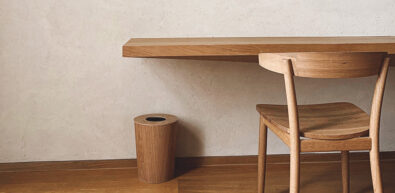Table of Contents
I have met people every day as piano broker and appraiser and as partner for piano-rebuilding company, who are dealing in donating or disposing of old pianos. I am going to describe many choices open to those all who are with a piano in this article that they don’t want to hold or don’t want to sell but want to see their piano anywhere other than garbage or local dumping area.
Due to the variety of my customers, piano owners, piano dealers, any other cantique-store owners and investors, collectors, insurance agencies and banks, estate appraisers and courts and probate trustees and other nonprofit organizations, In my experience it necessary to create an efficient structure to discuss and advise individuals on the move of used piano from a person to another person’s ownership.
I had learned to distinguish concerns about the present state and ability of an old piano from wishes and expectations of the individuals and organizations concerned. This helps the user like me address what includes in the long-term interest of each group.
PIANO DONATION
E.g., assume that someone would like to donate hisused piano to any nonprofit group that will either use his piano more or resells it for tax free purposes. A person presenting may require the used piano to relocate by a particular time from its current venue and have strict requirements for which causes they can donate.
However, the nonprofit accepting the piano will have unique requirements for how, where, and where a donation piano can be received and specific limitations on its condition, build quality, reliability, and appearance. Piano is considered as a large object that needs large storage and easy access to professional people for tuning it and restore it in a safe setting.
Musicians also have unique artistic specifications. If it does not meet those requests, the piano would merely take up its space and its other resources. The two parties’ requirements can or cannot be a suitable match, as well as the contribution may be turned down by the nonprofit.
You must understand its present state and reasonable valuation to make proper decision about whether to offer the piano. A piano specialist hired to examine the piano will remind you of its performance and importance and educate you thoroughly on its future applications, bearing in mind its procurement and building efficiency, and current condition. For providing a ballpark estimation of its worth, there are still several online resources available.
While the topic of which styles and different sizes ofpiano are ideal for institutes, coaching centers and all nonprofits is outside the scope of this paper (you can see the accompanying published article by writer Sally Phillips), If the piano can carry a melody and has very clear, standardized and straightforward key-to-key reply, so it’s much more probable to be very suitable instrument to study and play on for learners and performers. A contribution could be make, whether specifically to specific nonprofit which the piano requires or to a nonprofit that can market it and add the proceeds to a charity you wish to help.
Schools and social groups, parties, senior centers and preschools, nursing homes and service clubs, post school activities, fitness centers, any place that has any formal or casual entertainment or other activities where different groups gather for social events are the kinds of organizations that may be involved in donating a good working piano.
(Note:- Consoles and spinets with frameless legs must be restricted to use even when they’re not pushed regularly, however, if the platform is shifted excessively, these legs are vulnerable to smashing.)
If you people want to be a donator of used piano to a company that provides the public with a basic necessity but loses its tax-exemption status that helps you to get a tax government subsidy for the contribution, it will be easy to retrieve another association with a tax-exempt designation and similar or equivalent purpose that could provide you that tax subsidy while lawfully moving the campaign contribution to your specific group.
Though piano retailers typically have still plenty of usable pianos on inventory, they may well be eligible to search a house for your vintage piano with a partner or playeror community who can’t even pay for a piano, or through a nonprofit group, often in exchange for new ones.
PROJECT DONATION FOR PIANO
You shall find this challenging to locate a nonprofit group that will accept the used piano as a gift if the piano has not been appropriately kept, needs substantial renovations, or the cabinet does not look fine. Many pianos may have a piano technician strengthen their tone and touch for this sort of piano or you can get it repaired by a piano rebuilder for this sort of piano. If, when made, the instrument (Piano) was of a high quality, then repair or restoration are feasible alternatives that can contribute to superior looks, tone and feel, quality and resale value. It is normally true of many American and American antique pianos. The remainder of this article addresses choices. They were also built to last and were built with high-quality trees that are sparse and costly today.
There is a company named, Piano Finders that has a used Piano Donation Project, enabling nonprofit agencies to position pianos. They do not also charge for this program but sell it to specific buyers, who have always compensated someone for an assessment or assessment and are deciding what they should do with their used pianos, as a bonus.
USING PIANO AS A DECORATING ITEM
This initiative helps rescue and revive possibly the best instruments that seem to have retail appeal but may need small regular maintenance or restoration.
Those who have such an instrument that has not yet been mastered or kept or takes any effort are a delicate piano of worth and promise. Then they can find a buyer that can put the instrument’s situation to the point that a nonprofit will use or resell it to support its initiatives.
An instrument rebuilder who does the renovation work may be a patron or an individual or company who thinks for art and pianos and costs to get the job completed. Piano Finders picks those that we believe would be better businesses for the nonprofit groups we partner with from instruments provided for contribution.
The piano has been either sold to collect money for the nonprofit company after the development is complete or put to use in the nonprofit’s services. When sold, in the household of a friend or other who operates and recognizes the piano, or inside a worthy organization, the piano gets a new life. Piano Finders operates around the country for agencies.
RECYCLING
By cutting and tearing down its pieces – wood and steel wire, nails and cast iron, etc. For reuse, a piano may be recycled. As a cost of importing a full piano could be infeasible, recycling is typically done locally; you should consult to view if anyone in your neighborhood recycles pianos. Recyclers of electronics often use pianos.
You should take your piano apart or, better still, hire a professional to do this if the nearby recyclers do not take pianos but allow their disassembled pieces. (The piano components can be large and heavy, and the strings are in high tension; any risk is involved because you know better what you’re going to do.)Corporations who create development and operate on building projects usually understand who should take the piano’s heaviest component, a frame made with cast-iron.
To establish useful items, wood will go to a high school woodshop or a piano workshop. It would be best if you went to a furniture professional or a piano reconstruction shop in Ivory.It is also possible to recycle steel wire and copper and other hardware. It can be time-consuming to figure out where you should send the different pieces of the spare piano for their recycling.
VOLUNTEERING
A local volunteer club, the Rotary, Kiwanis and Lions etc., may also be asked if they would be prepared to do this all as a community initiative. Advertise the piano recycling weekend for the whole public, reserve a suitable workspace, and recruit a piano technician or rebuilder to collaborate with the club’s volunteers to recycle pianos.
Recycling always costs more than throwing something into the garbage, but if our people think about importance of wood and Ivory, as well as cast iron which has used in the building of a piano and the countless experiences that this piano-led to in its whole life, We should hold a large party to mark its transition from life like this used piano to different life in which it is helping to make peoples’s belongings worthwhile?
CONCLUSION
Local vendors, instructors, and technicians may wish to be supporters of the event, which could be related to the selling of new pianos, a local symphony festival, or another group musical event. To encourage the idea of sustainability, the festival may also collaborate with city or county recycling initiatives.
Ornamental pianos, like accent chairs, are not worth considerably cash even though they are vintage. These old instruments can be worth very little at all. Many authentic orthodox pianos are in excellent repair, worth $500 or less. That’s because a piano is a mechanism.





